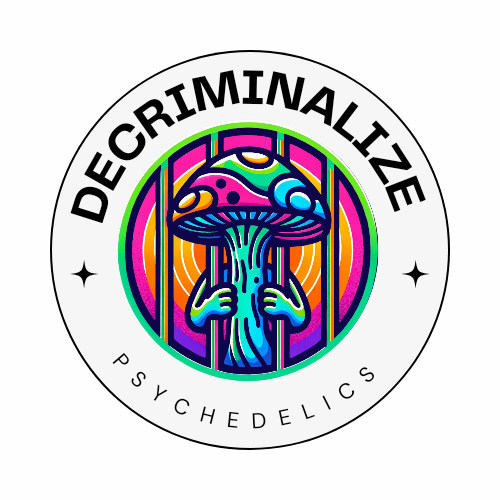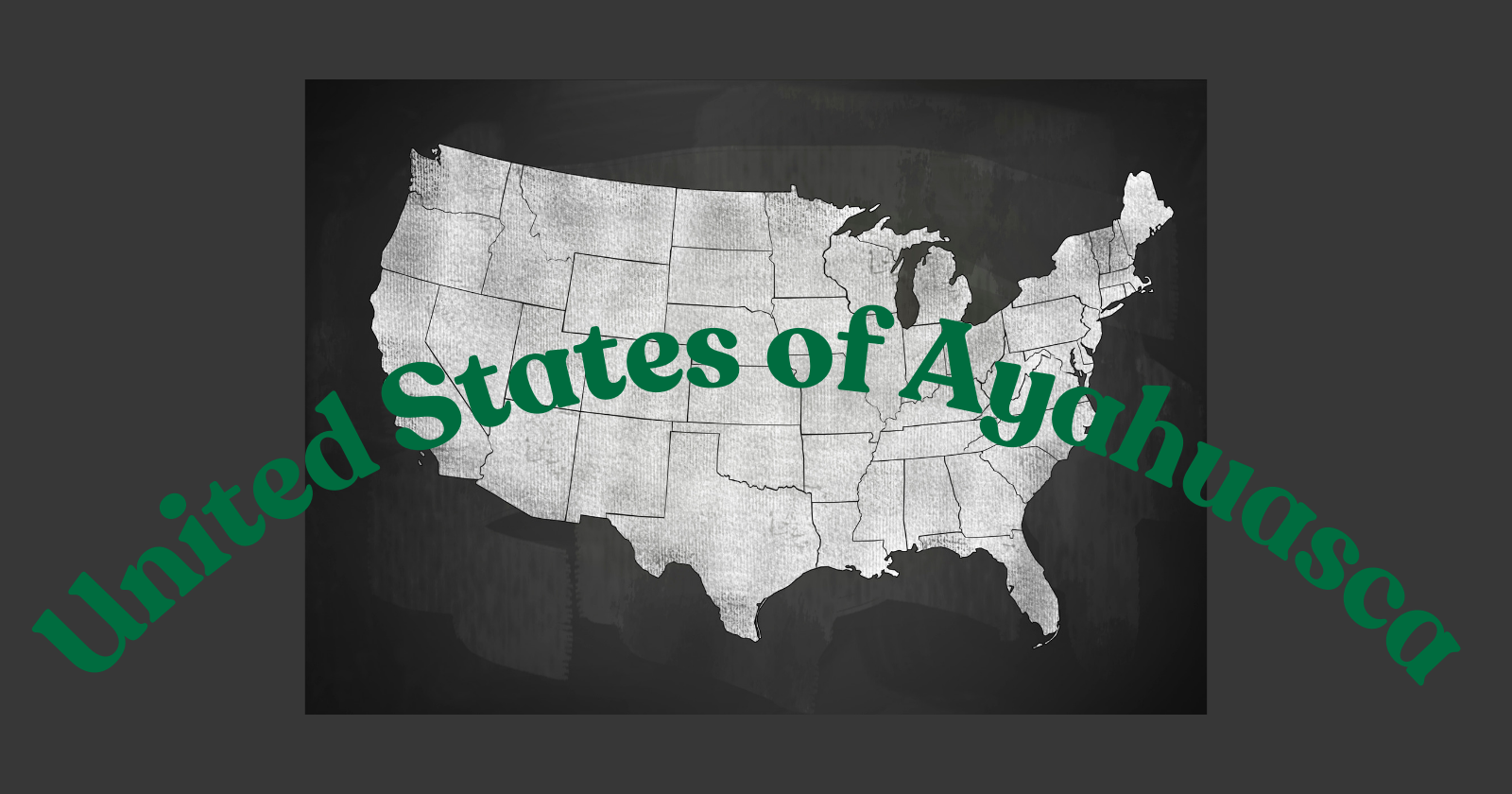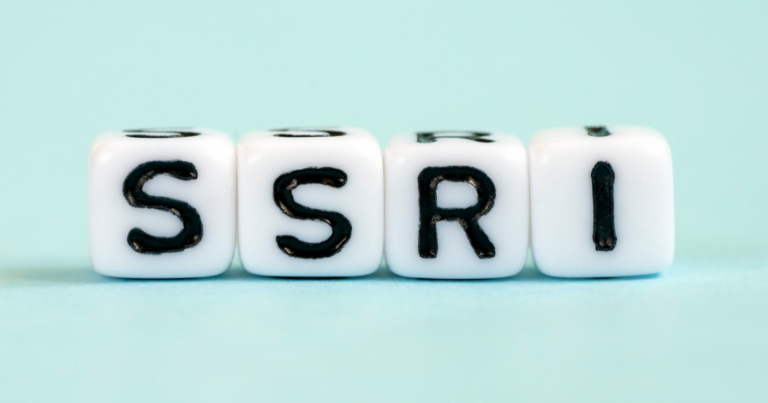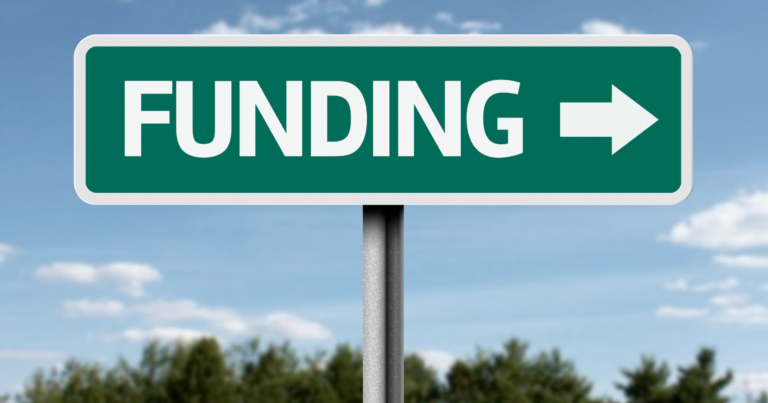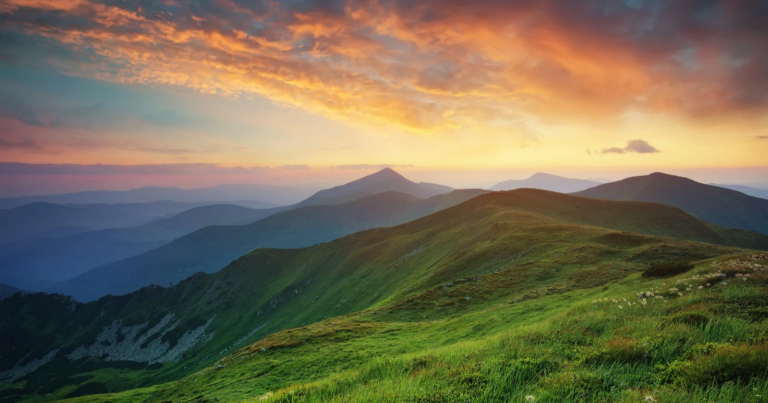So you’re curious about Ayahuasca… And drinking it in the US?
Perhaps a close friend has journeyed to South America for a spiritual retreat, or maybe you’ve heard a podcast host raving about the transformative nature of the experience.
Maybe it’s just curiosity that has led you here.
Ayahuasca is an the Amazonian plant brew, known for its powerful psychedelic properties. And navigating the legalities of Ayahuasca in the United States is as complex and mystifying as the brew itself.
But there are practical ways to get your head around it – here are 7 ways!
1) Understanding the Controlled Substances Act
Honestly speaking, my initial understanding of Ayahuasca’s legal status in the United States was like navigating a maze.
I didn’t know where to start!
I was ready to delve into the world of spiritual retreats and transformative experiences in the US, but I soon found myself grappling with the complex terms of the Controlled Substances Act.
This is your starting point.
To really comprehend the legal landscape, you need to understand this federal drug policy and to truly focus on the details of this Act.
It states that Ayahuasca is illegal under federal law – unless for religious use.
Stay with that.
This fact lays the foundation for all subsequent things I’m about to tell you.
2) Recognize the Role of Religious Exemptions
When I first started exploring Ayahuasca’s legal status, I found myself nodding along without truly understanding the implications.
I was quick to jump on the “Ayahuasca is illegal” bandwagon, echoing the common view without questioning it. I thought that Ayahausca only belongs in its cultural context, where it’s legal in places like Brazil and Mexico.
But I’ve since challenged this belief and recognized the role of religious exemptions.
I encourage you to focus on understanding the specific cases where religious groups have been granted exemptions, too.
Instead of stating, “Ayahuasca is illegal,” consider saying, “The use of Ayahuasca is generally prohibited under federal law, but there have been exceptions for certain religious groups.”
You can perpetuating a partial understanding and can contribute to a more nuanced conversation.
3) Understand the Concept of “Sincere Religious Belief”
As I delved deeper into Ayahuasca’s legal landscape, I encountered the term “sincere religious belief” repeatedly.
It seemed like a simple enough concept: if one genuinely holds religious convictions, they should be exempted, right?
I found myself echoing this sentiment, supporting it without fully comprehending its legal implications.
But as I dug deeper, I realized this was a surface-level understanding.
I was glossing over a complex legal criterion and I probably knew that there was more to it than met the eye, but opted for the easier route.
The alternative is understanding the concept of “sincere religious belief”. We can acknowledge its role in religious exemptions without endorsing a simplified interpretation of it.
Focus on grasping the intricacies of this legal term and how it is evaluated in court.
Instead of stating, “If you believe in it, you’re exempted,” we might say, “Exemptions are granted on the basis of sincere religious belief, which is subjected to legal scrutiny and interpretation.”
You’ll refrain from propagating misconceptions and contribute to a more informed dialogue on Ayahuasca’s legal landscape.
4) Navigating the State Versus Federal Law Conundrum
When I first started exploring the legality of Ayahuasca, I was taken aback by the seemingly contradictory laws at federal and state levels.
I initially thought that federal law would always take precedence, and Ayahuasca would be illegal across the entire United States.
But as I further researched, I realized this was a reductionist approach and I was ignoring the nuanced interplay between state and federal laws.
A better approach is navigating the state versus federal law conundrum.
We can acknowledge the overriding power of federal law, without discounting the potential implications of state legislation.
I suggest focusing on understanding how these two tiers of law coexist and sometimes clash.
Instead of stating, “Federal law overrides all, so Ayahuasca is illegal everywhere,” try saying, “While federal law generally takes precedence, state laws can create complex legal scenarios.”
By doing this, you’ll avoid oversimplification and contribute to a more comprehensive understanding of the legal landscape surrounding Ayahuasca.
5) Grasping the Role of Case Law
As I delved deeper into Ayahuasca’s legal landscape, I found myself swamped with various court cases, each seeming more complex than the last.
At first glance, I dismissed these as isolated incidents, irrelevant to the broader legal scenario.
I found myself skimming over these judgments, focusing solely on statutory laws.
But with further study, I realized this was a significant oversight.
It’s all too easy to overlook the impact of these legal judgments…
So what’s the correct approach?
Grasping the role of case law – acknowledging statutory law without discounting the significant role that case law plays in shaping legal realities.
Focus on understanding how these court decisions contribute to the legal interpretation and application of laws concerning Ayahuasca.
Instead of saying, “Only written laws matter,” we should highlight, “Case law significantly influences how statutory laws are interpreted and applied.”
You’ll move away from a narrow viewpoint and towards a more comprehensive understanding of Ayahuasca’s complex legal landscape in the United States.
6) Pay Attention to International Developments
The complex legal landscape of Ayahuasca is intricate.
It’s tempting to focus solely on domestic laws and overlook the international context.
But, it’s vital to keep an eye on these global developments, regardless of how distant they may seem.
When delving into the legality of Ayahuasca in the United States, observing and understanding international trends and court rulings can provide invaluable insight into potential future shifts in local legislation.
We often underestimate this.
But wth time and patience, keeping track of these international laws and rulings can contribute significantly to our understanding of the subject.
It’s about recognizing the broader picture. Just ensure to do it in a responsible way.
I’ve chosen to mention this point last on our list, but it’s actually one of the most critical aspects to consider when trying to understand the legal landscape of Ayahuasca in the United States.
And it’s not just about the U.S.
7) Stay Informed and Proactive
If you’re regularly dealing with or interested in the complex legalities around Ayahuasca, it can easily become a confusing and daunting task.
This is particularly true if you’re personally involved – perhaps as a researcher, law student, or someone interested in the cultural implications of the brew.
Remember, your own knowledge and proactive attitude are crucial. If you don’t make an effort to stay updated and engaged, you may find yourself lost in the maze of ever-changing laws and interpretations.
Ignoring this can easily lead to misinformation, misconceptions, and even legal trouble.
You need to seek reliable information without feeling overwhelmed. In the words of renowned journalist Walter Cronkite:
“Whatever the cost of our libraries, the price is cheap compared to that of an ignorant nation.”
Regularly check for updates in legislation. Engage with legal scholars or forums discussing the issue. Do whatever it takes to stay informed and proactive.
This is not just about Ayahuasca’s legal landscape. It’s about responsible engagement with any complex issue.
8) Empower Yourself with Knowledge
It’s clear that understanding this issue requires more than a cursory glance.
This journey is as much about personal growth and empowerment as it is about legal understanding. It’s about challenging our own perceptions, breaking free from limiting beliefs, and stepping into our full potential.
It’s about delving deep, staying informed, and proactively seeking out reliable information.
With this in mind, I highly recommend the Free Your Mind Masterclass by Rudá Iandê. In this masterclass, Rudá addresses some of the most common myths and pitfalls in the spiritual world. He empowers you to develop your own spiritual path, with freedom and autonomy.
Just as we’ve broken down the complexities of Ayahuasca’s legal landscape, Rudá will guide you in transcending limiting beliefs that may be holding you back.
It’s a journey of self-discovery and personal growth that aligns perfectly with the spirit of understanding and navigating complex issues like Ayahuasca’s legality.
